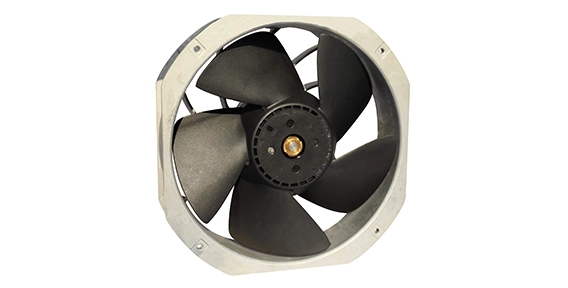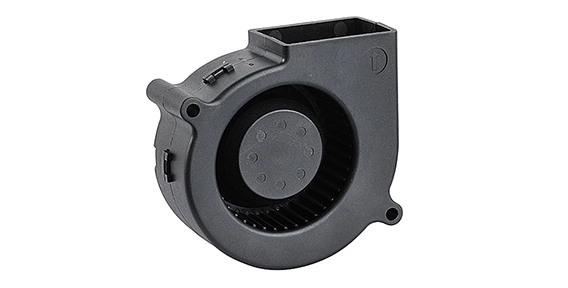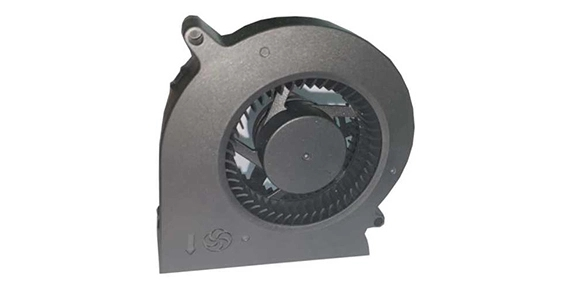Laptop overheating is a common problem that many users encounter. Overheating not only affects the performance of laptops but also poses a threat to their longevity. One of the main components responsible for cooling down laptops is the cooling fan. In this article, we will explore the common laptop cooling fan overheating issues and provide troubleshooting tips to address these problems.
Understanding the Importance of Laptop Cooling in laptop cooling fan
Laptop cooling is crucial for maintaining optimal performance and longevity. When laptops generate heat during regular usage or resource-intensive tasks, a cooling system, primarily consisting of a cooling fan, helps dissipate the heat. If the cooling fan fails or encounters issues, the laptop may overheat, leading to poor performance and potential damage to internal components.
The Impact of Overclocking on Laptop Cooling Fan
Overclocking is a technique used by some users to push their laptops beyond their factory-set limits. This technique increases the clock speed of the laptop's CPU and GPU, resulting in higher performance. However, overclocking also increases heat production, which puts additional strain on the cooling system. If the laptop cooling fan is unable to handle the increased heat, overheating becomes a significant concern.

Strategies to Keep Temperatures in Check with laptop cooling fan
To prevent laptop cooling fan overheating issues, here are some strategies and tips you can implement:
Clean the cooling fan and vents regularly: Dust and debris accumulation can obstruct the airflow, reducing the cooling fan's efficiency. Use compressed air or a soft brush to clean the cooling fan and vents at least once every few months.
Use a cooling pad: Cooling pads are designed to increase airflow beneath the laptop, helping to cool it down. These pads can enhance the effectiveness of the laptop's cooling fan by providing additional ventilation.
Avoid using laptops on soft surfaces: Placing your laptop on soft surfaces like a bed or sofa can obstruct the airflow and trap heat. Always use your laptop on a hard, flat surface to promote better air circulation.
Optimize power settings: Adjusting your laptop's power settings can help minimize heat generation. Lower the screen brightness, disable unnecessary background applications, and choose power-saving modes whenever possible.
Exploring Alternative laptop cooling fan Solutions
If your laptop's cooling fan is unable to adequately cool your device, you may consider alternative cooling solutions of axial fan uses:
Liquid cooling: Liquid cooling systems use liquid-filled tubes to transfer heat away from the laptop's components. This solution can offer superior cooling performance compared to traditional cooling fans but requires more extensive hardware modifications.
External fans: External fans are portable cooling devices that can be placed under or next to the laptop to aid in heat dissipation. These fans provide an additional cooling source and are particularly useful for gaming laptops or during heavy usage.
Laptop cooling fan overheating issues can significantly impact the performance and longevity of your device. By understanding the importance of laptop cooling and implementing troubleshooting tips, you can prevent overheating problems and maintain optimal performance. Additionally, exploring alternative cooling solutions like liquid cooling or external fans can enhance the cooling efficiency of your laptop. Remember to regularly clean your laptop's cooling fan and vents to ensure uninterrupted airflow and prevent overheating.


 EN
EN 

 +
+
 +
+
 +
+



